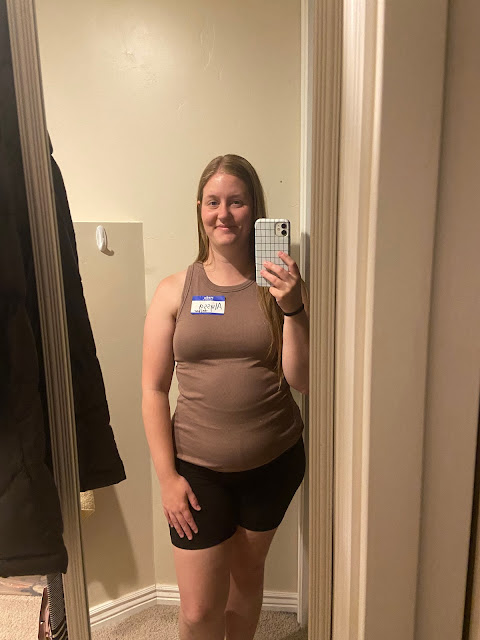It is January and I am ready to declare this memoir my “book
of the year” for 2024.
Chanel Miller writes the story of her assault, court
journey, and accidental (and anonymous) Buzzfeed fame after being Emily Doe in Stanford’s
rape case involving Brock Turner. I will mention that Brock is a swimmer, not
because he deserves the accolade of being speedy in the water but because the
media’s coverage of this case in 2015 likely means that you, dear reader, are
more likely to recall the events of the case if I mention his swimming than if
I don’t. Chanel’s courage, truth, and nuanced understanding of the world shine
like a lighthouse beacon from every page, but don’t get me wrong: this is not
an “I made it and so can you” inspirational story. This is closer to “I can’t
believe this shit, can you?” realism with rawness and solidarity for unnamed
victims across the world, along with their families and friends (so, all of
us).
Everything about the book is clearly intentional, from the
font sizing and kintsugi on the cover to her acknowledgments at the end. Chanel
comes to the book with an understanding of triggers and consent, walking the
reader through tricky topics with compassion for the ways those topics may
flare up in readers’ bodies. But she doesn’t shy away from ideas or even words
which may cause discomfort, using that discomfort deliberately throughout the
book to bolster any victims and to call in any non-victims. If you have not
suffered assault, congratulations on bearing instead the uncomfy feelings of
knowing it exists. And if you have suffered assault, congratulations on finding
the balm that is Chanel’s writing.
Chanel chooses viscerally cozy imagery when dreaming about
her future and builds such neat (tidy, yes, see also: cool) analogies from seemingly
mundane life experiences. She’s right—emotional healing is like learning to
hold a gallon of milk. Chanel employs hilarious imagery when describing
miserably unfathomable court questions: “Ns and Os painted across hairy
stomachs, NONONONONONO, doing the wave.” Chanel is such a person
throughout this memoir, unafraid of the title of victim but also unafraid to be
full of her self. She does not perfectionize her thoughts, actions, feelings,
for the benefit of anyone, including herself. Chanel is Chanel; know her.
In fact, I think that’s what I loved most about the book:
reading a modern memoir where someone has so clearly flown to the depths of
their self, understood what is there, and come back to enlighten us as to how that
is done but without prescribing platitudes is just…rare. I think every memoir
is a self-help book, at least for that author’s self. The trick is that the
author’s written down help of self is more helpful and therefore valuable than
the average self-help book. Don’t tell me what to do; rather, tell me what you
did and allow me the space to follow.
I will be purchasing a copy of this memoir. Five stars.
(As a helpful note: Chanel’s victim statement is printed at the back of the book. I googled the statement and read the Buzzfeed edition but would have liked to stay within the book for that content.)



